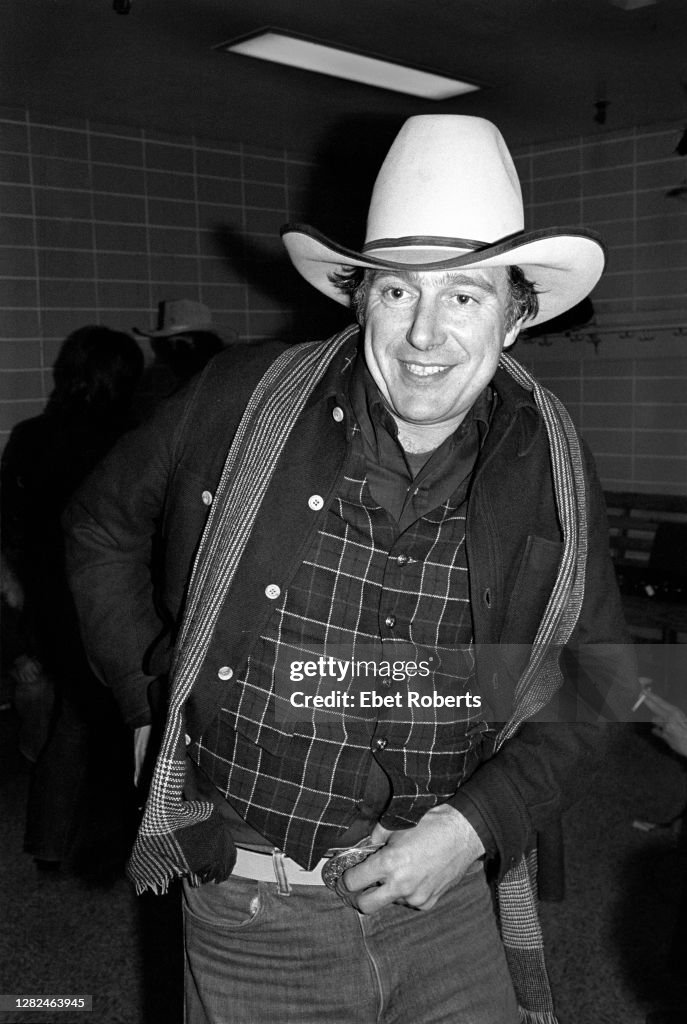
The Open Road and the Enduring Spirit of the Wandering Soul
The name Jerry Jeff Walker conjures up the image of the quintessential troubadour—a rambling, good-timing gypsy songman whose life was as much a story as his music. Yet, before the boozy, gonzo years and the legendary status as an outlaw country icon in Austin, there was a young folk artist still finding his footing, distilling years of hard-won experience on the road into song. That era is perhaps best captured by the title track of his 1969 album, “Driftin’ Way of Life,” an evocative folk-country gem that acts as a wistful, yet resolute, ode to the freedom and loneliness of perpetual motion.
This song served as the cornerstone and title track for Walker’s third solo album, “Driftin’ Way of Life,” released in 1969 on Vanguard Records. As a single, it did not achieve a charted position on the major Billboard Hot 100 or Country charts, but its cultural impact for long-time folk and country aficionados vastly outweighs any lack of mainstream commercial success. It stands as a pivotal piece in his discography, documenting the transition from his Greenwich Village folk-rock phase (with the band Circus Maximus) toward the country-flavored sound he would help define in the 1970s Texas music scene.
The story behind “Driftin’ Way of Life” is essentially Jerry Jeff Walker’s own autobiography of his formative years. Born Ronald Clyde Crosby in upstate New York, he spent the early 1960s living the literal life of a vagabond, hitchhiking and busking across America. He was part Jack Kerouac, part Woody Guthrie, adopting the alias “Jerry Ferris” at one point as he sang on street corners in places like New Orleans’s French Quarter, absorbing life’s hard lessons. This was the time of his “itinerant and footloose” period, as he described it in the album’s original liner notes, a six-year stretch of being a broke, wandering singer. The song is a direct reflection of that experience—the hardscrabble reality of having “No Roots in Ramblin'” (another track on the album) and the constant, restless urge to keep moving.
The song’s meaning is a profound examination of the conflict between the desire for personal liberty and the emotional toll it exacts. It’s about choosing a life where the horizon is your only home, a narrative often romanticized but rarely depicted with such naked honesty. For older listeners who came of age during the tumultuous, searching ’60s and ’70s, the song holds a powerful nostalgic pull. It evokes memories of simpler times, of packing up a car or a motorcycle with little more than a guitar and a destination, chasing a phantom idea of freedom.
The lyrical imagery—of dusty roads, cheap hotels, and the fleeting, temporary nature of every relationship—resonates deeply. It’s the ultimate salute to the road warrior, a gentle refusal to be tied down, even as the singer acknowledges the profound loneliness that is the companion of that freedom. The track itself has a gorgeous, easygoing feel, a blend of folk melancholy and country instrumentation that makes the difficult choice of the rambling life sound strangely inviting. It is a defining piece that paved the way for the later Outlaw Country movement, demonstrating that real life, with all its grit and soul, could be the most powerful song of all.